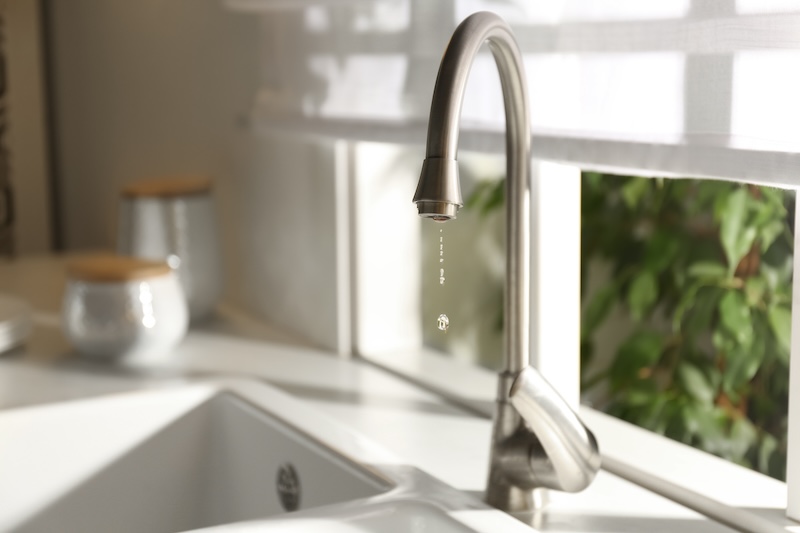As winter approaches, one of the most common challenges homeowners face is preventing their pipes from freezing. Frozen pipes can lead to a host of problems, including burst pipes and significant water damage. Fixxer Company Plumbing is here to provide essential tips and strategies to prevent your pipes from freezing during the cold winter months.

Understanding the Risk of Frozen Pipes
Why Pipes Freeze
Pipes freeze when the water inside them expands as it turns to ice. This expansion can cause pipes to burst, leading to costly repairs and potential water damage. Pipes located in unheated interior spaces like basements, attics, and garages, as well as those that run along exterior walls with little or no insulation, are particularly susceptible to freezing.
Preventative Measures Before Winter
Insulate Your Pipes
One of the most effective ways to prevent pipes from freezing is to insulate them. Use foam pipe insulation to cover exposed pipes, especially those in unheated areas. For extra protection, consider using thermostatically controlled heat tape, which automatically turns on when temperatures drop.
Seal Up Cracks and Holes
Inspect your home for any cracks or holes in walls, floors, and ceilings, especially where pipes run through these areas. Use caulk or insulation to seal these openings to keep cold air out and warm air in.
Maintaining the Right Temperature
Keep the Heat On
Keep your home heated to a consistent temperature day and night. Even if you’re away, it’s important not to let your home’s temperature drop too low. A thermostat setting of at least 55 degrees Fahrenheit is recommended to prevent pipes from freezing.
Open Cabinet Doors
Allow warmer air to circulate around plumbing by keeping cabinet doors open under sinks, especially if the sink is on an exterior wall. This can help prevent the pipes underneath from freezing.
Strategies During Extreme Cold
Let Faucets Drip
Allow a trickle of water to run from faucets connected to exposed pipes during extremely cold weather. The constant flow of water can prevent freezing.
Apply Heating to Vulnerable Pipes
If you suspect a pipe is at risk of freezing, apply gentle heat using a hairdryer, heating pad, or towels soaked in hot water. Never use an open flame or a device not intended for this purpose, as it could cause damage or a fire.
What to Do If Your Pipes Freeze
Thawing Frozen Pipes
If you discover a frozen pipe, thaw it carefully using a hairdryer or heating pad. Start from the faucet end and work your way down. Keep the faucet open to allow water to flow and help melt the ice.
Call the Professionals
If you’re unable to thaw the pipe or if the pipe has burst, turn off the main water supply and call a professional plumber immediately. Fixxer Company Plumbing offers emergency plumbing services to address frozen and burst pipes.
Preventing your pipes from freezing in winter requires proactive measures and consistent maintenance. By insulating pipes, maintaining a warm indoor temperature, and employing strategies during extreme cold, you can protect your home from the costly and inconvenient effects of frozen pipes. For any plumbing needs this winter, trust Fixxer Company Plumbing to provide expert and reliable services. Contact us today!
